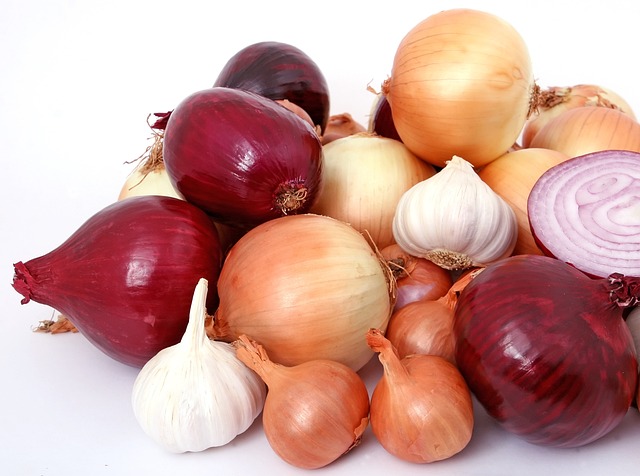Herpes simplex virus (HSV) is a common viral infection that comes in two forms: HSV-1, which usually causes oral herpes (cold sores), and HSV-2, which primarily leads to genital herpes. While there’s no cure for herpes, outbreaks can be managed with antiviral medications and lifestyle adjustments. Many people also turn to home remedies for additional symptom relief and faster healing.
If you’re looking for natural ways to manage outbreaks, reduce discomfort, and support your immune system, here’s a comprehensive guide to effective home remedies for herpes.
Understanding Herpes Simplex Virus (HSV)
Herpes is a lifelong infection that becomes dormant in the body between outbreaks. Symptoms include painful blisters, itching, burning sensations, and flu-like symptoms during the first outbreak. While antivirals like acyclovir and valacyclovir are the first-line treatments, home care can also play a major role in managing the condition.
1. Cold Compress
Applying a cold compress to the affected area can reduce swelling, inflammation, and pain. Wrap an ice pack or a few ice cubes in a clean cloth and place it on the sores for 10–15 minutes. Avoid applying ice directly to the skin to prevent irritation or tissue damage.
2. Epsom Salt Baths
Soaking in a warm bath with Epsom salt can help dry out sores, soothe itching, and speed up the healing process. Add 1 to 2 cups of Epsom salt to a tub of warm water and soak for 15–20 minutes. This is especially helpful for genital herpes outbreaks.
3. Tea Tree Oil
Tea tree oil has powerful antiviral and antiseptic properties. When diluted with a carrier oil (such as coconut oil), it can be applied to cold sores or genital lesions. Use a cotton swab to gently dab the mixture onto the sore. Do this 2–3 times a day until the sore heals.
4. Lysine Supplements or Lysine-Rich Foods
Lysine is an amino acid that may help reduce the frequency and severity of herpes outbreaks. It’s available in supplement form, but it can also be found in foods like yogurt, cheese, eggs, and fish. Some people find regular lysine supplementation especially helpful in preventing future outbreaks.
5. Aloe Vera Gel
Aloe vera is well-known for its soothing and anti-inflammatory effects. Applying pure aloe vera gel directly to herpes sores can help reduce redness, accelerate healing, and calm irritation. Make sure to use a natural, alcohol-free product for best results.
6. Honey
Raw honey, particularly Manuka honey, has natural antiviral and antibacterial properties. Studies have shown that applying honey to herpes sores may speed up healing and reduce pain. Dab a small amount onto the lesion and leave it on for a few minutes before rinsing with warm water.
7. Apple Cider Vinegar
Apple cider vinegar (ACV) is known for its antiseptic and antiviral qualities. Diluted with water, it can be used as a topical treatment to help dry out sores. Mix one part ACV with three parts water and apply gently using a cotton ball. Use caution, as undiluted ACV can irritate sensitive skin.
8. Baking Soda or Cornstarch Paste
Both baking soda and cornstarch can help keep herpes sores dry and reduce itching. Mix a small amount of either with water to form a paste, and apply it directly to the lesion. Let it sit for 10–15 minutes before rinsing it off with warm water.
9. Boosting Your Immune System
Since herpes outbreaks are often triggered by a weakened immune system, supporting overall health is key. You can strengthen your immune defenses by:
-
Eating a balanced diet rich in fruits, vegetables, and lean protein
-
Reducing sugar and processed food intake
-
Getting 7–9 hours of quality sleep per night
-
Managing stress through mindfulness, exercise, or therapy
-
Staying physically active and hydrated
10. Avoiding Outbreak Triggers
Common triggers for herpes outbreaks include stress, illness, hormonal changes, friction from sex, or excessive sun exposure. Identifying and avoiding personal triggers can significantly reduce how often outbreaks occur. Use lip balm with SPF to protect against cold sores, and always use protection during sexual activity to minimize irritation and prevent transmission.
When to See a Doctor
While home remedies can be incredibly helpful, they are not a substitute for professional medical care. If your symptoms are severe, frequent, or persistent, it’s important to consult with a healthcare provider. Prescription antiviral medication may be necessary to manage more aggressive cases and reduce transmission risk.
Final Thoughts
Living with herpes can be physically and emotionally challenging, but with the right combination of medical care and home remedies, it’s entirely possible to manage outbreaks and lead a healthy, fulfilling life. Whether you’re looking for pain relief, faster healing, or prevention of future flare-ups, these natural options can help you regain control and comfort.
Remember, consistency is key. Natural remedies are most effective when used regularly and in combination with a healthy lifestyle. And above all, be kind to yourself—managing herpes is a journey, and you’re not alone.
